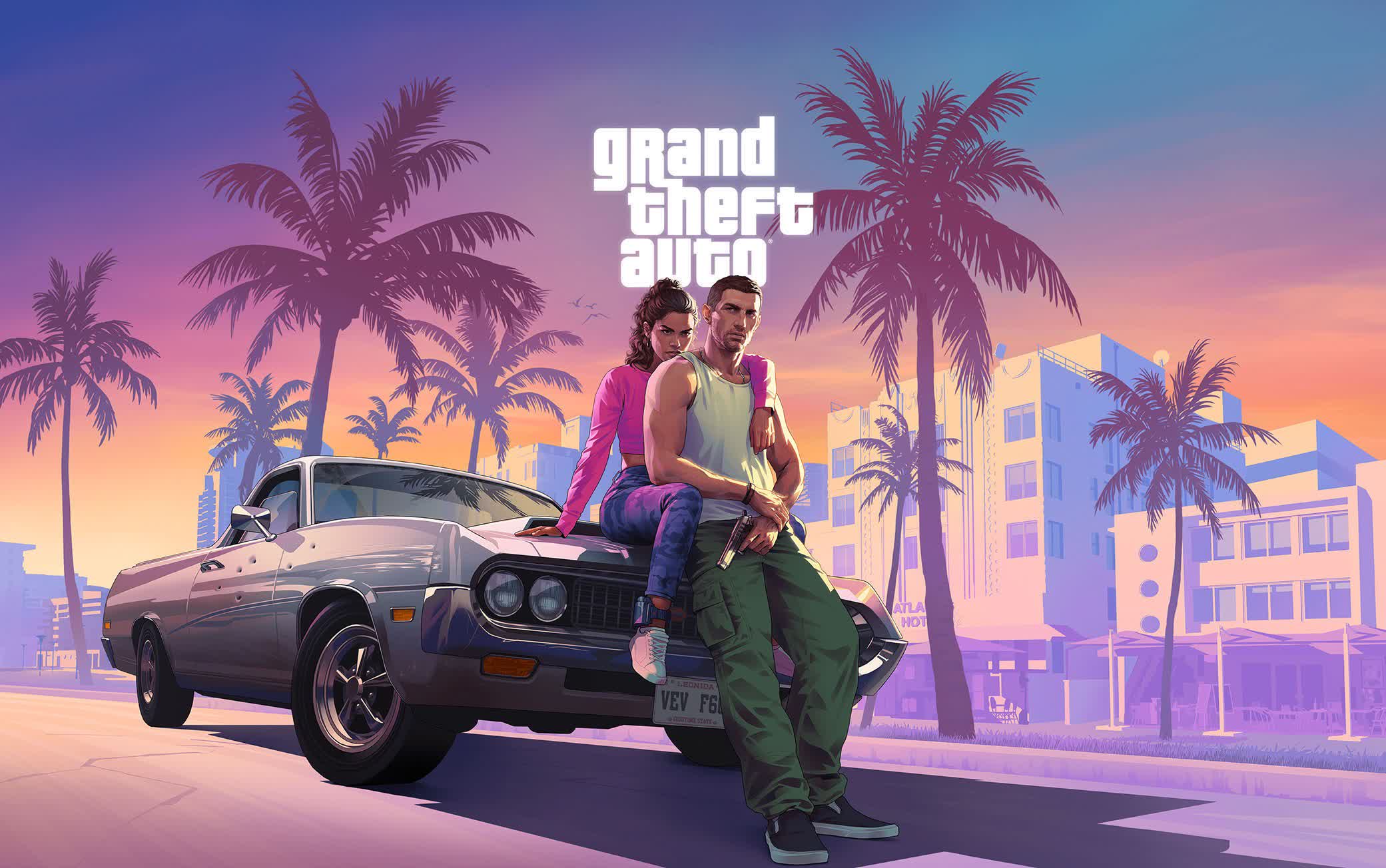Editor's take: I have felt for years that the video game industry is headed for another crash. I base this opinion on the lack of creativity coming from prominent developers. Bethesda: "Let's make another Skyrim port," or Skyrim in space, as we saw with the overhyped Starfield. Other companies are just as devoid of new ideas, releasing a deluge of remakes instead of something new. I'm not alone in my feelings.
Former President and CEO of Sony Interactive Entertainment America, Shawn Layden, says the industry has stopped focusing on making fun games and instead spends all its energy on monetization. Developers, or rather the middle management that oversees them, worry more about making the game fit into a subscription or microtransactional model than how to make it enjoyable.
"[In the past] we spent a lot more time looking at games and not asking 'what's your monetization scheme,' or 'what's your recurrent revenue plan,' or 'what's your subscription formula?'" Layden said in a Thursday Q&A at Gamescom Asia. "We asked the simple question: Is it fun? Are we having a good time? If you said yes to those questions, you'd usually get a green light. You didn't worry so much about the end piece, for better or for worse."
#gamescomasia
– shawn layden ð³ï¸ÂðÂÂÂð³ï¸Ââ§ï¸Âðºð¸ð¯ðµ (@ShawnLayden) October 17, 2024
We're doing this now!#videogames #playstation
�"�ð®�'�ð¾�'� pic.twitter.com/d0sNeZFsXj
At least part of this new paradigm concerns the cost of producing triple-A titles. Budgets for high-profile games have easily reached the nine-digit range. Couple that with the corporate mentality of constant year-over-year growth or else, and it has become: "We need to recoup this money quickly because we aren't attracting any new gamers."
Production costs have made studios unwilling to take risks, so they rely on brand recognition. Look at all the sequels and remakes of old games. Publishers have their studios slap on a new coat of paint on a game from 2010, code it for modern hardware, and then slap on a $50 or $60 price tag. Nothing new was created. It was premade content refitted to run on modern hardware. It's like buying a car from the junkyard, slapping new wheels and paint on it and then selling it as "new."

Another part of the problem is that the AA games sector is effectively dead. Double-A games lie between blockbuster AAA and indie titles. Layden says the dearth of AA game developers threatens the entire industry.
"In the gaming business you have Call of Duty, Grand Theft Auto, indie stuff. But then that middle piece, that middle layer that used to be where Interplay, Gremlin, Ocean, THQ, all those companies, made their money … That middle piece is gone. I think that's a threat to the ecosystem if you will. Because if we're just going to rely on the blockbusters to get us through, I think that's a death sentence."
Layden believes we need to see better effort put towards shorter, more creative, and even "unusual" games with lower budgets if the industry is to dig itself out of its current creativity hole. However, is that just wishful thinking at this point? The industry seems content to continually shovel games that nickel and dime the player, and there are certainly enough willing to fork over the money to keep that model alive for a good while.
